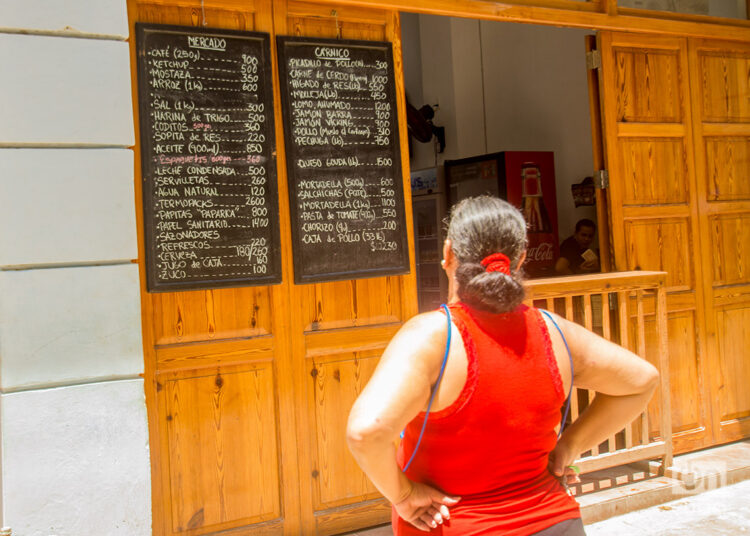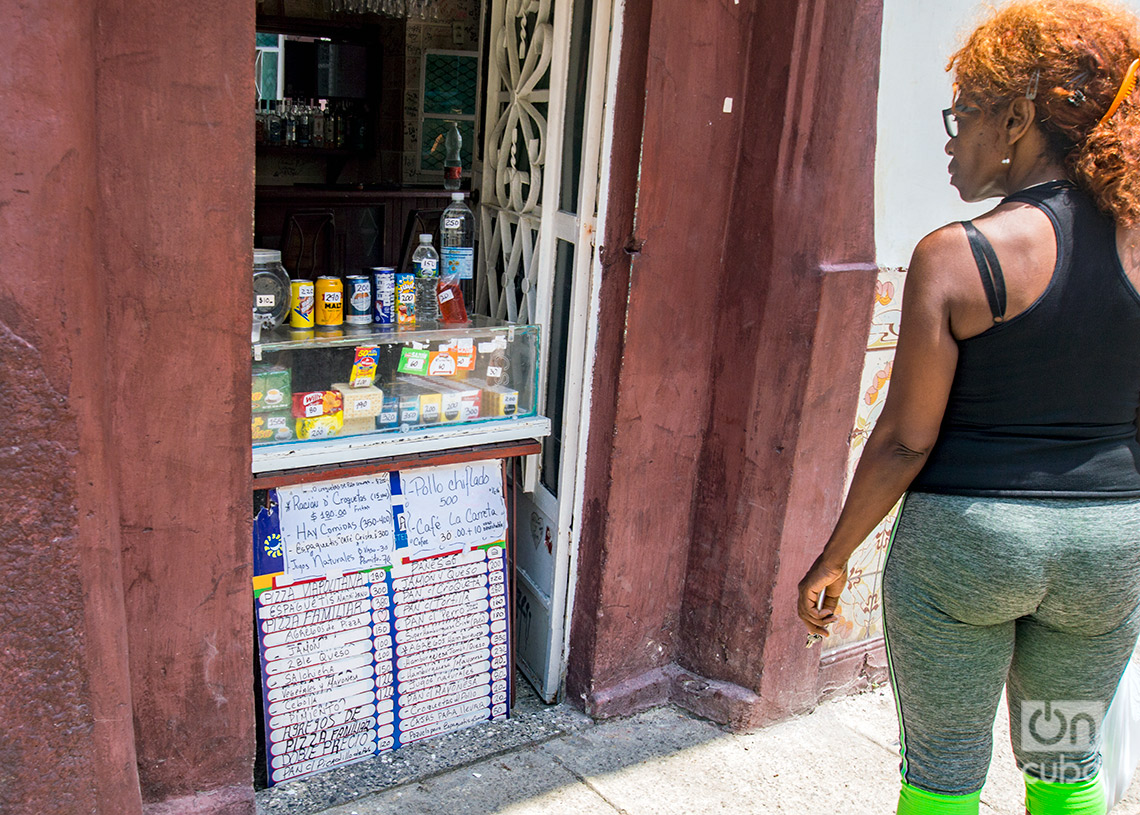“Life is getting harder by the day. You have to work really hard to bring food home,” Miguel Ángel told Otmaro Rodríguez, a photojournalist for OnCuba, on a tour of the streets of Havana.
Miguel Ángel is a driver for a state entity and barely earns about 2,400 pesos, according to him.
“With the prices on the street, I can’t buy practically anything with that money,” he said. “Not chicken, not oil, not eggs, not coffee…and even less so with the economy in the dumps. In order to eat, I have to invent, you know.…”.
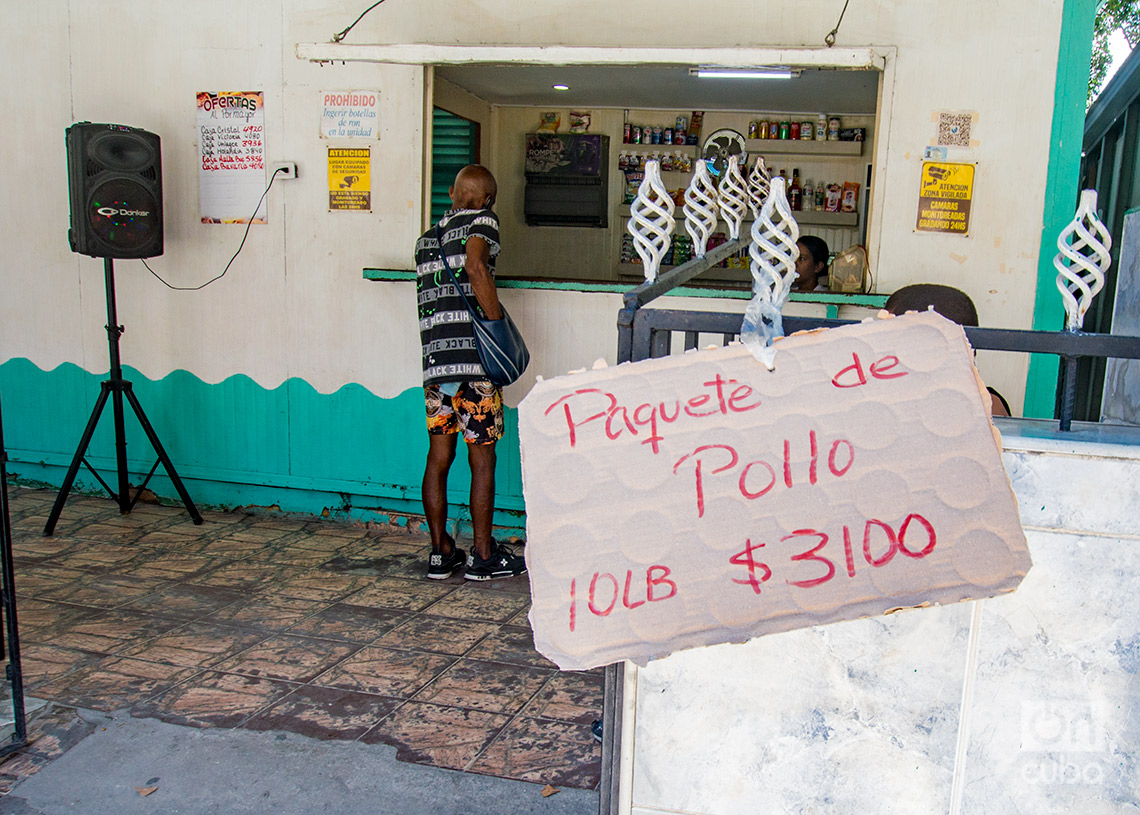
Along with his inseparable camera, Otmaro walked around the city with a recorder in hand, not only to portray the surrounding reality, but also to talk to people, to hear their daily concerns firsthand. And the prices, the high cost of living, surfaced in every conversation.
“Everything is very expensive,” confirmed Rafael, a worker in Communal Services.
“My salary is not even enough to buy medicine for my wife, who is sick. I can’t buy anything in the MSMEs because I don’t have enough money for that. Barely to buy what is sold on the ration book, and something I can solve,” he confessed sadly.
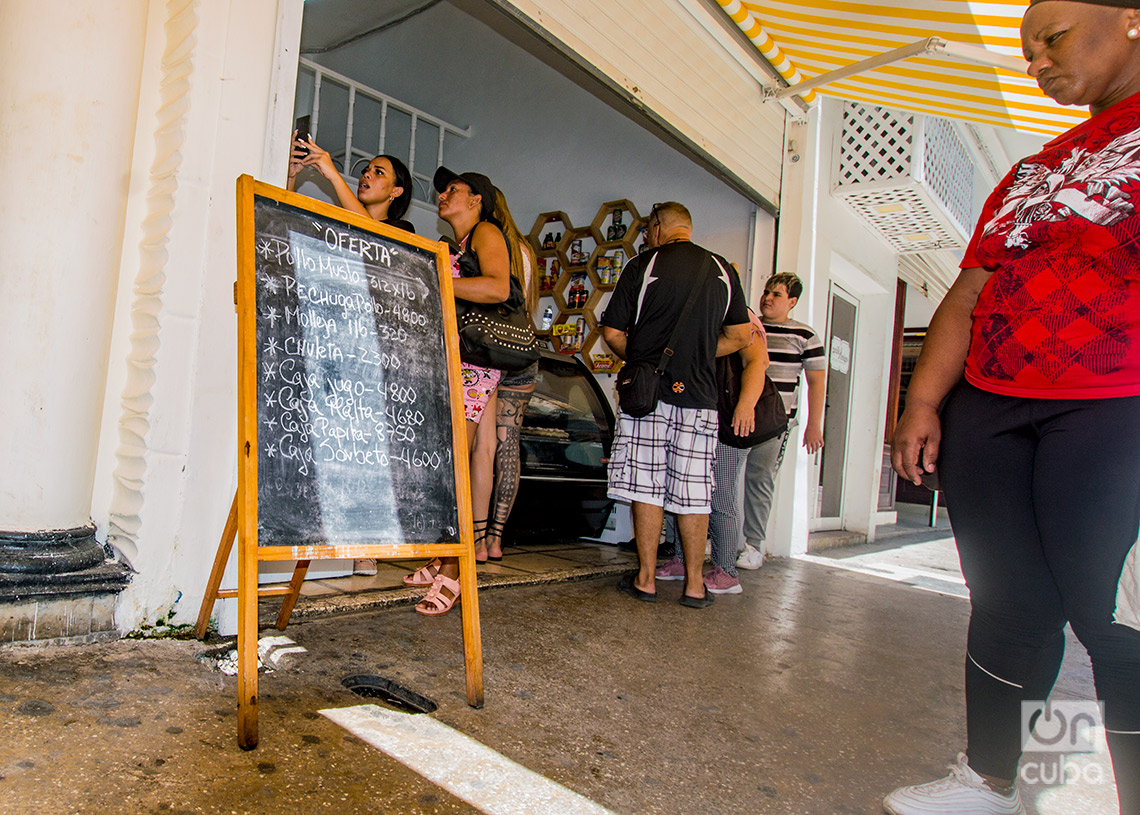
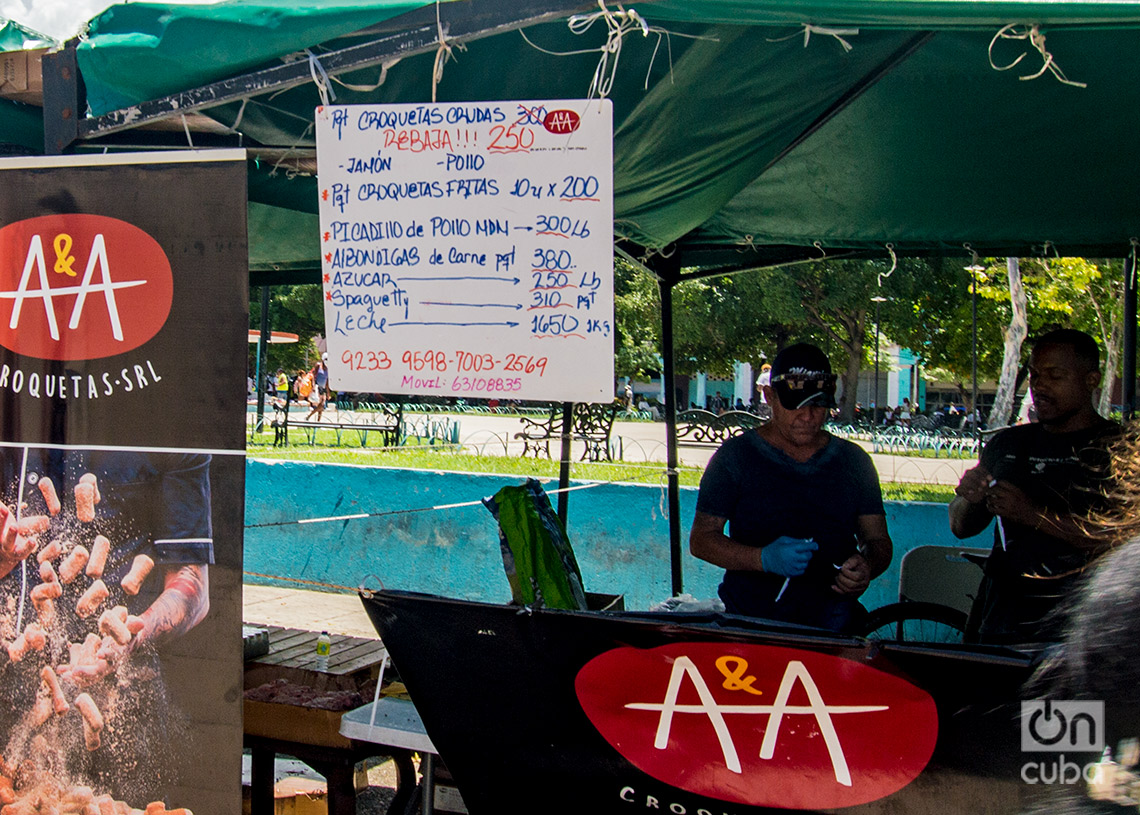
Rafael’s drama is the same as that of many Cubans, both in the capital and in the rest of the country. With the worsening of the crisis, the unstoppable inflation, the drastic fall in food production, and the failed results of the government’s measures, many feel helpless, unprotected, and accept their reality with despair and resignation.
Others try to move forward, or even understand the situation that affects them. But the reason for some things still seems inexplicable to them. For example, the high prices.
“I think that a precise study has not been done,” said Isabel, a retiree with a pension of only 1,528 pesos.
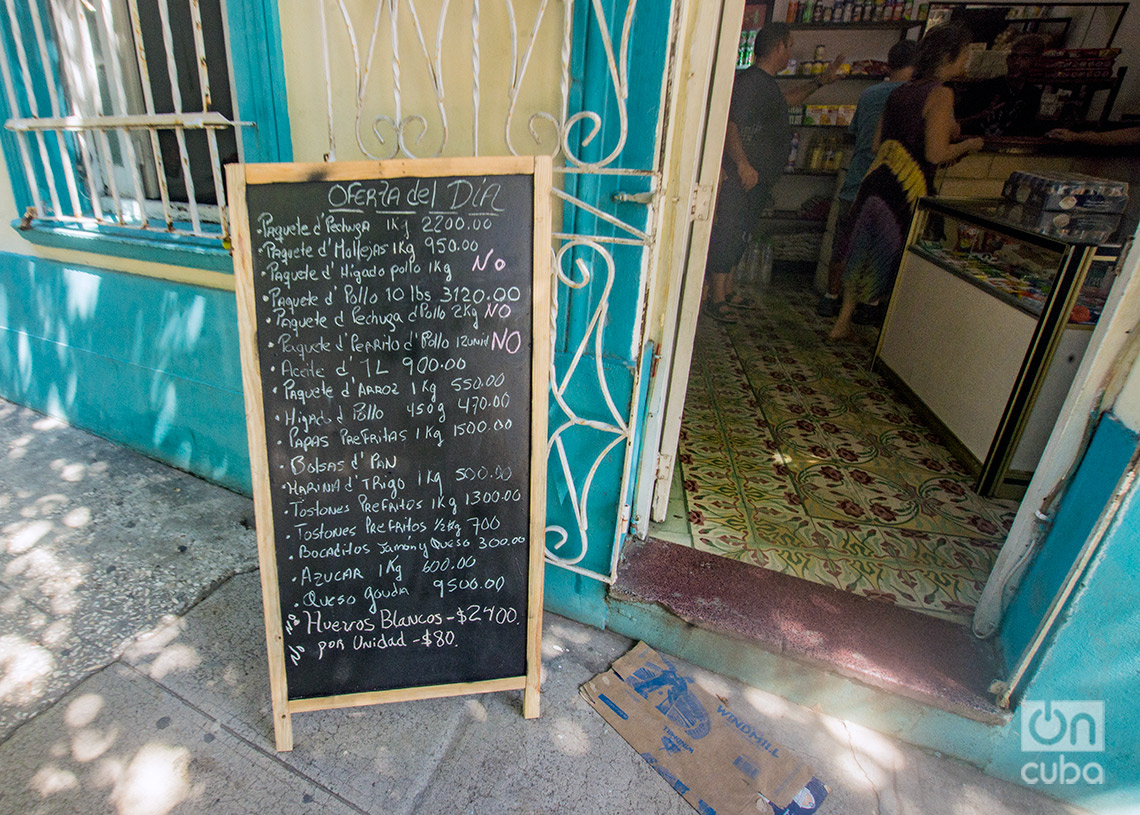
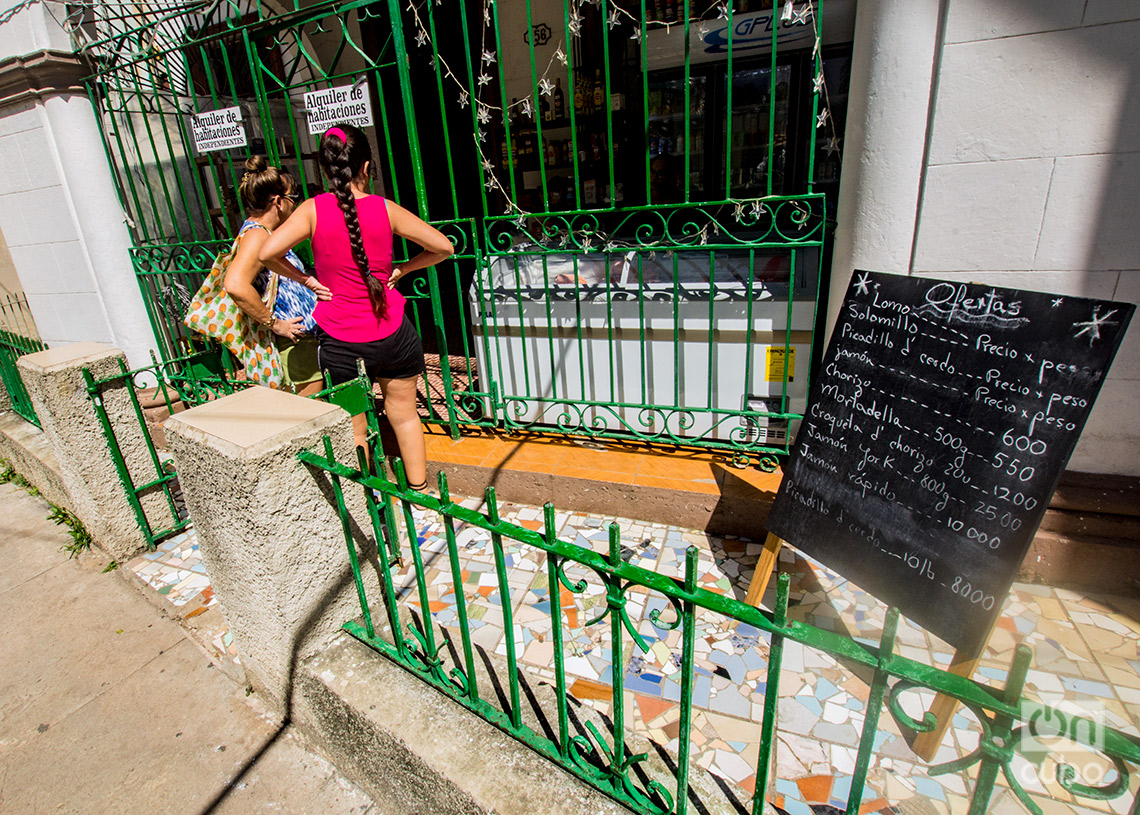
“I worked in a factory and I know how prices are determined, and it cannot be that the cost of a product does not play with the price that is set for it,” the woman explained. “The prices of many things seem to me to be way above costs and I don’t see any logic in that.”
Similarly, she thinks that “what is produced on the land here should not be so expensive either.”
“Why is a sweet potato, a yucca, a squash, which are harvested right here in Cuba, so expensive? I don’t understand it. It is really very difficult to deal with this situation, so the numbers don’t play with the money,” she told Otmaro.
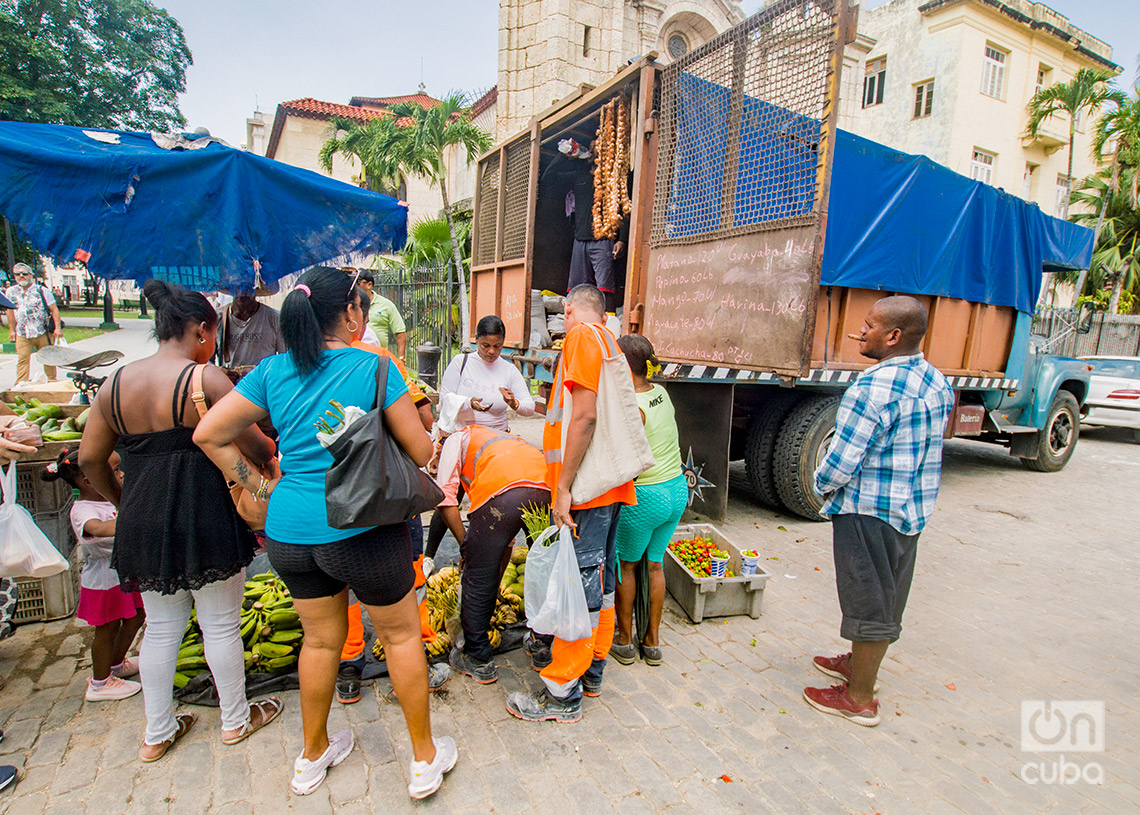
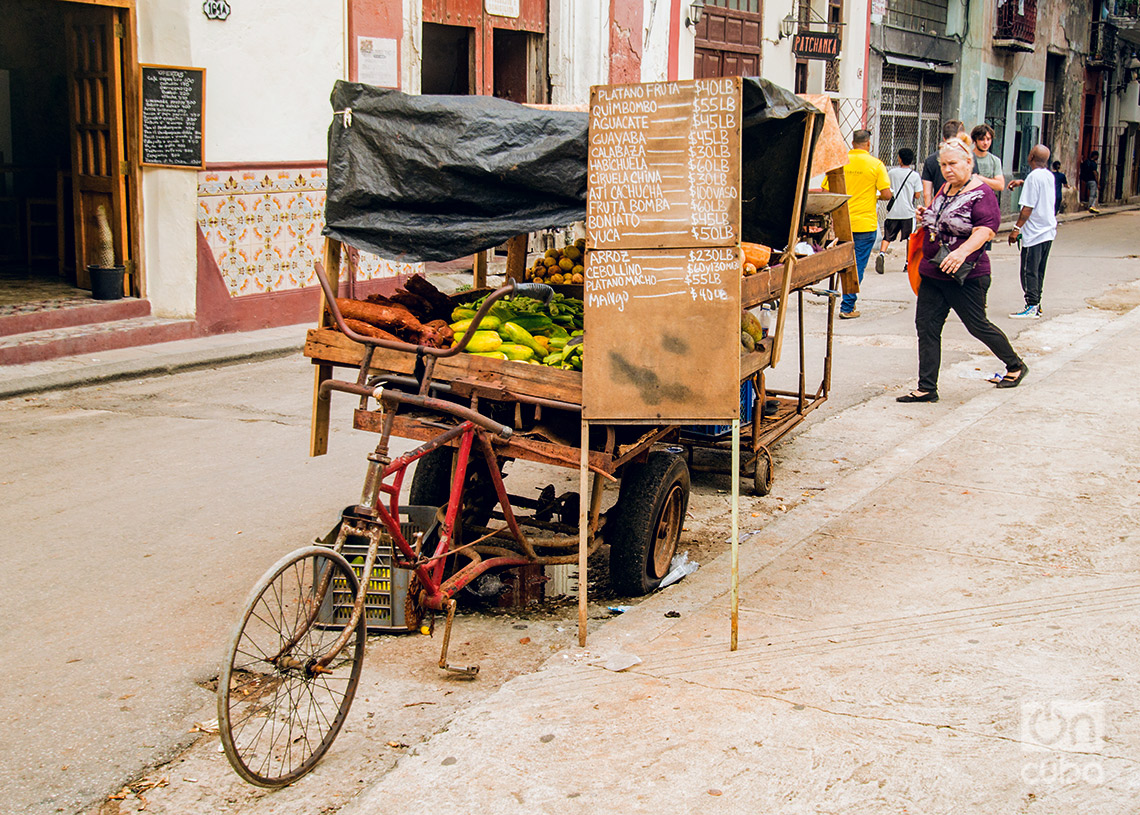
MSMEs and the price cap
MSMEs and the private sector in general, which have recently been in the sights of the authorities and have been the subject of a controversial regulatory update, are also the talk of many Cubans who consider the prices of their products excessive.
There are many who, like Humberto, think that many private entrepreneurs seek to “take advantage of the shortage to enrich themselves,” and defend the government price cap as a solution to stop what they consider is “abusive.”
“Here the competition consists of raising prices, not lowering them, as happens in the rest of the world, and that is unsustainable for workers, for the families that depend on salaries,” said the mechanical engineer in his exchange with our photojournalist.
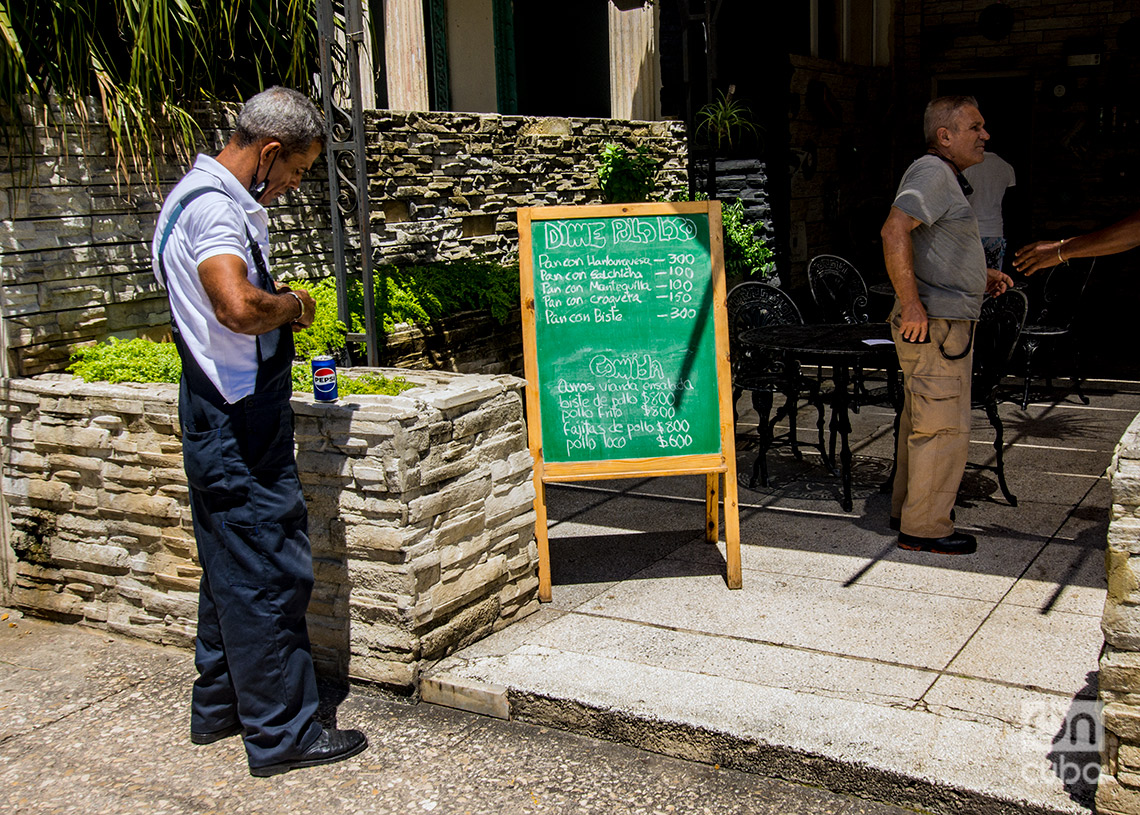
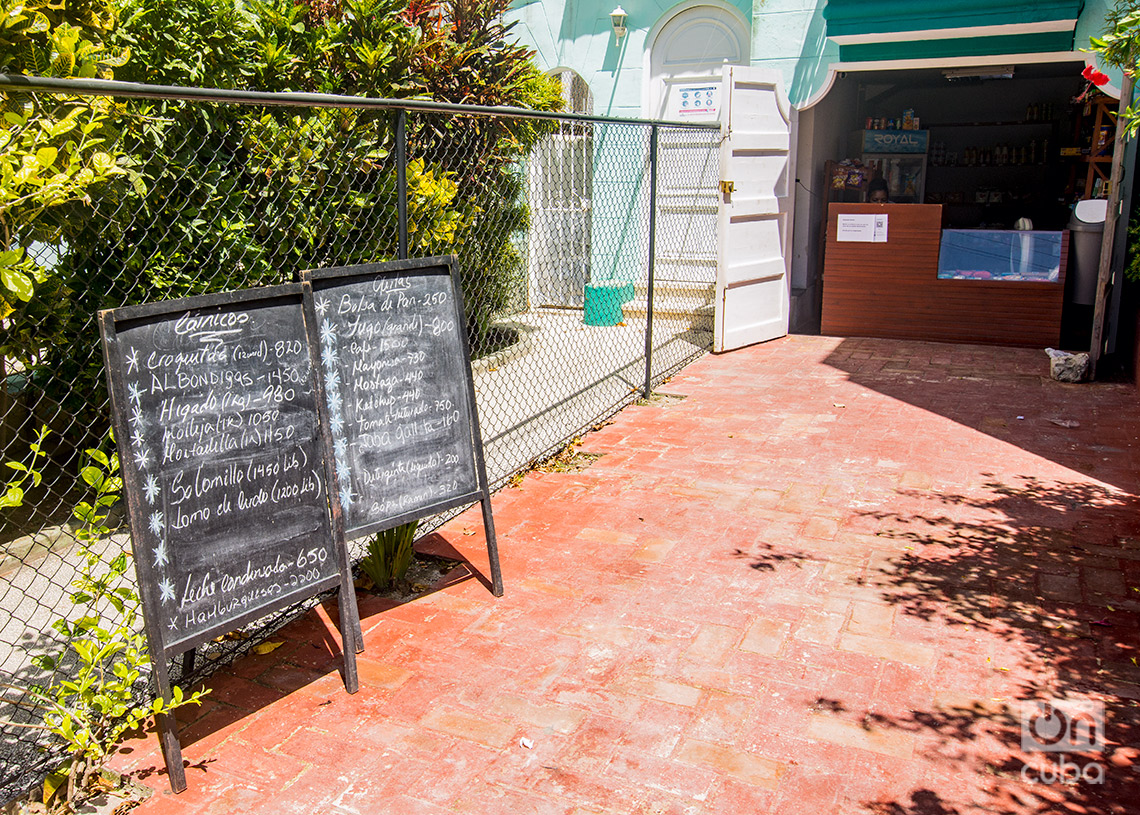
Humberto is in favor of capping the prices of products “according to what is invested in them” and considering a profit of up to 30% for the seller. “I understand that there is a profit margin, but not an abusive one, which is what there is now,” he said.
As for how to cap prices, he himself has thought of a formula.
“Everything that enters Cuba has to come with an invoice. That way you can know how much that product was bought for, how much the buyer invested, and you can put a percentage on top of that, for transportation and operating costs and some profit,” he explained.
For him, in addition, “the cap should be for all products, not three or six, but for all. If only some are capped, as is happening now, the seller raises the price of the product that is not capped, to compensate for the profit of the one that is capped. And the one who continues to lose is the people.”
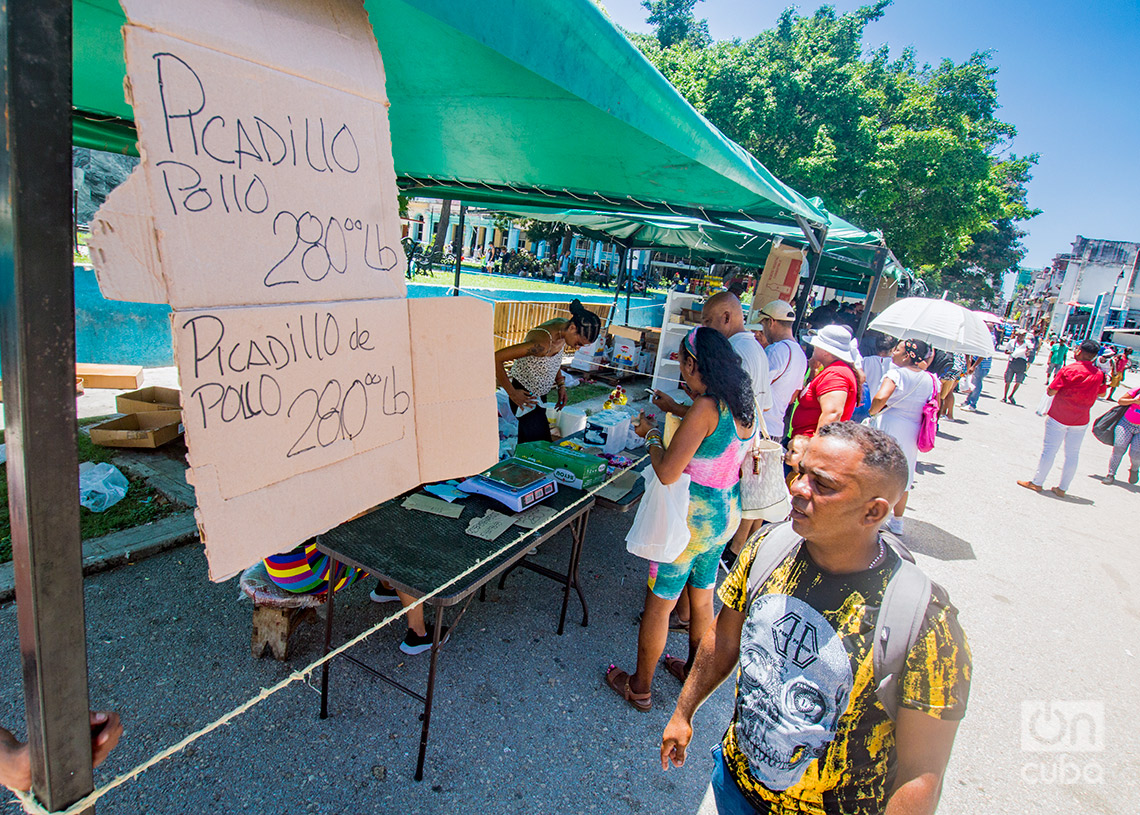
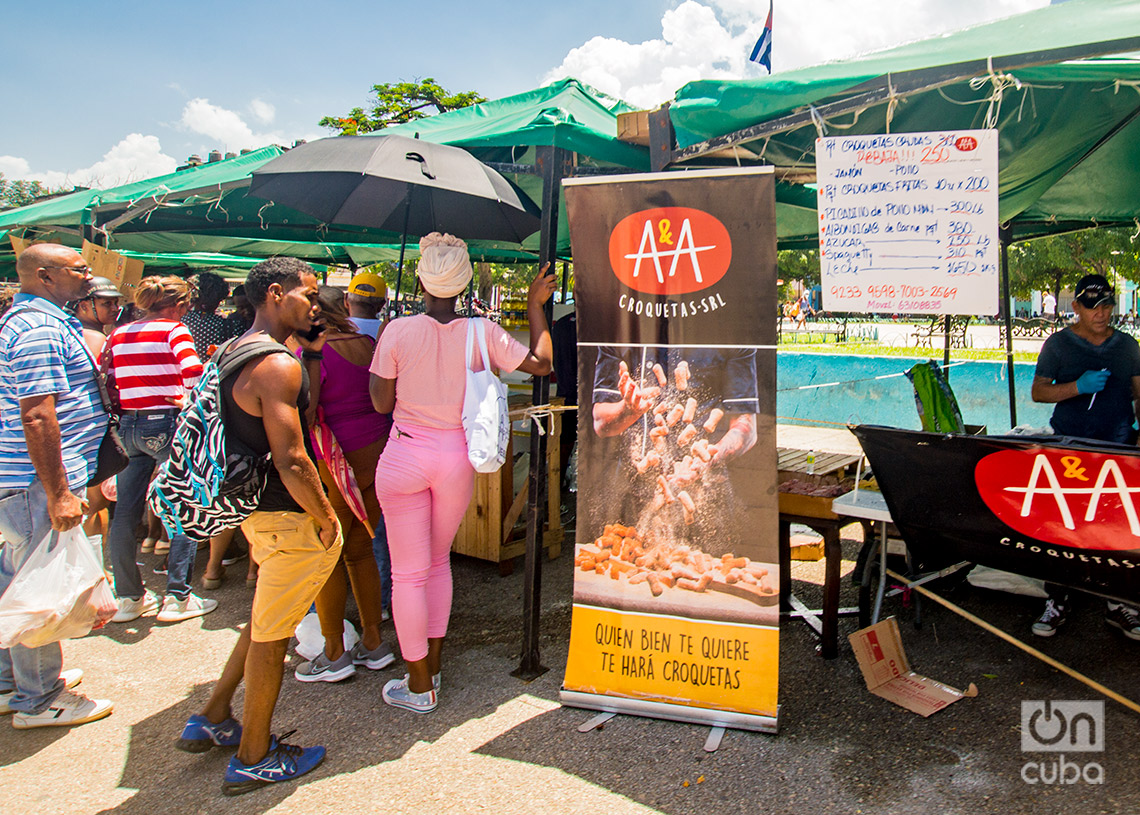
Not everyone agrees. Luis, also retired, is clear that “capping prices has never solved anything, only that products disappear and you have to get them even more expensively on the black market. That has always happened, but they keep doing it.”
Furthermore, he understands that the issue of prices “is very complicated. I was a state administrator and I know that in the cost you have to calculate freight, taxes, the operational things of the enterprise, and you have to have a profit margin, because if not, it doesn’t add up.”
“If on top of that you have to ‘pay extra money” to someone in the process, which surely happens a lot, that also counts. And of course, people don’t understand it because what they are seeing is that their salary is not enough,” he said, and added: “But the problem is not only with private businesses. The State has also raised prices.”
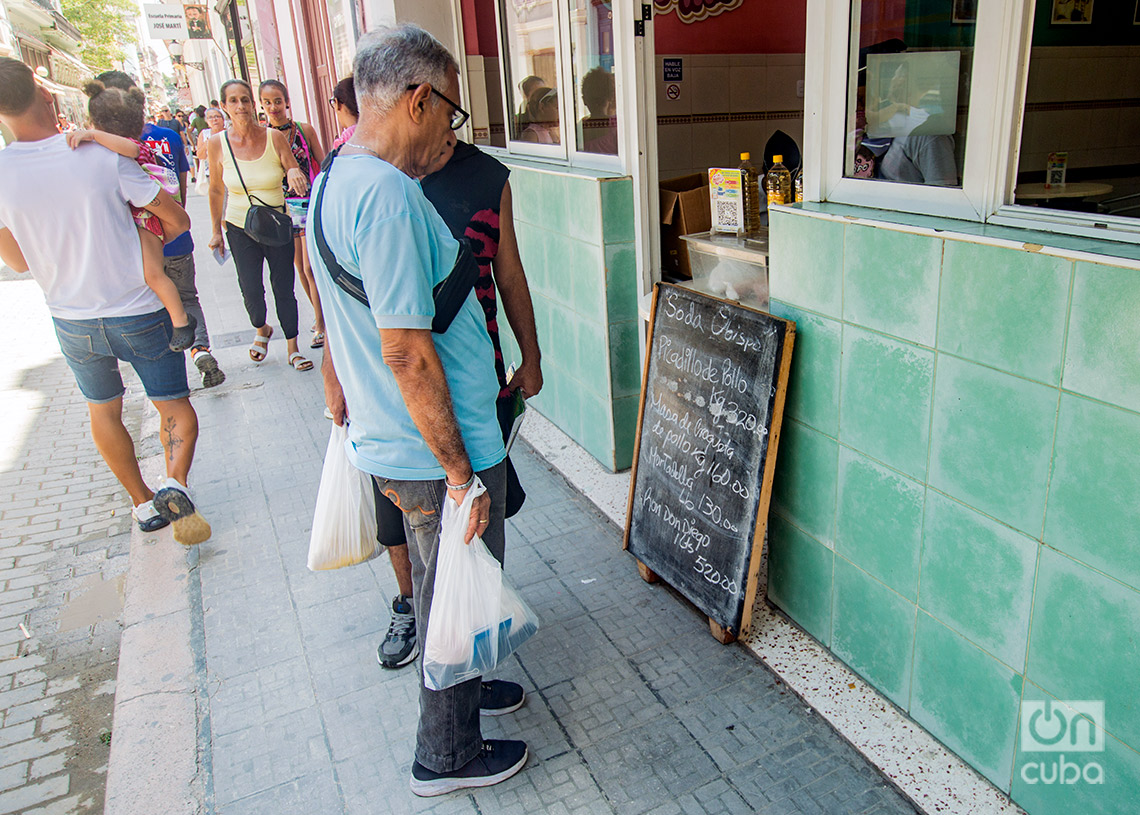
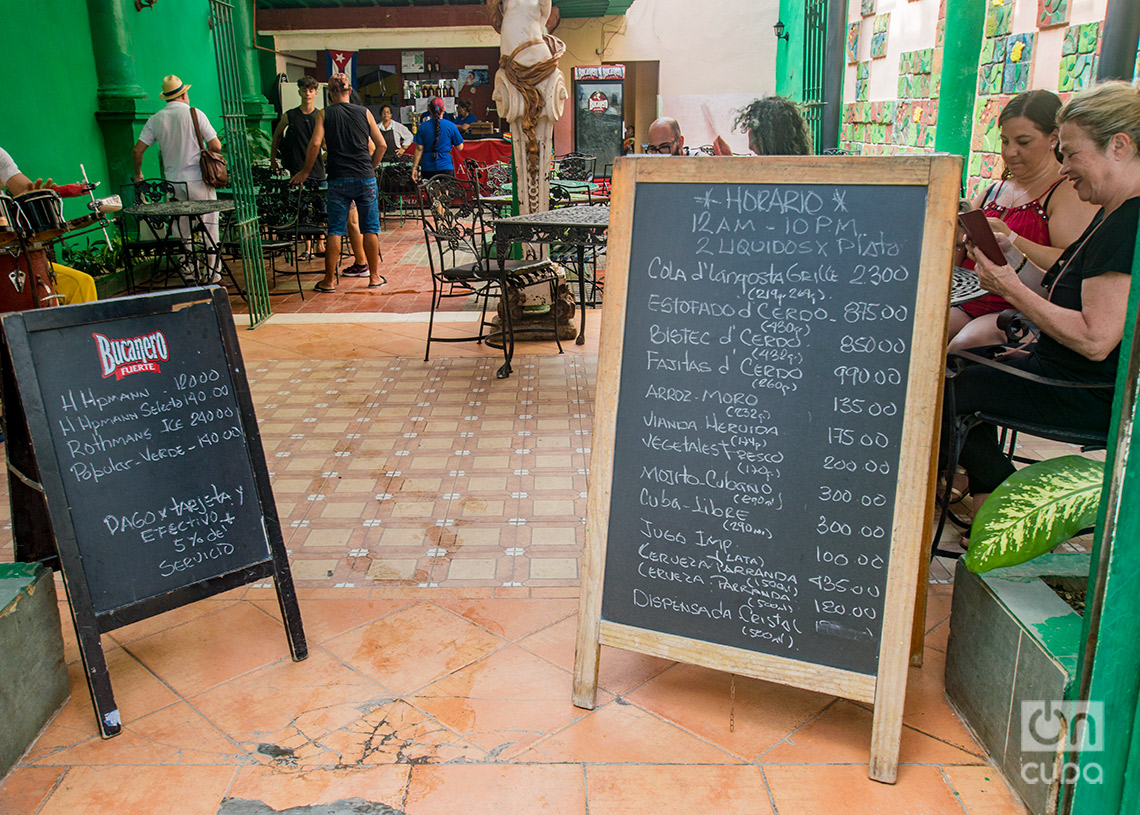
About MLC* stores and other demons
Dayron, an artisan from Old Havana, pointed to a problem that has been talked about a lot and “affects the entire chain,” but that does not seem to have a solution in the short or even medium term: the foreign exchange market.
“As long as that is not resolved, things will remain the same, or worse,” he considered. “Because private businesses, MSMEs, myself, have to get the dollars from somewhere, and if the State does not sell them, we have to resort to the resellers, at street price, and that blow ends up being paid by the customer in the final purchase. But the government says it has no dollars, and it is trying to charge in dollars for everything it can, so this is the never-ending story.”
He also pointed to the stores in MLC, which, he said, “do not have that justification to sell at such high prices” and, nevertheless, “all their prices are through the roof.”
Many Cubans, like Lisbet, agree with him. Like many others, this nurse could not avoid comparing these stores with the vilified MSMEs.
“Everyone criticizes the MSMEs, because it’s true they sell at a high price, but if it were not for MSMEs things would be much worse,” she said.
“What does the State sell? And how does it sell it? The prices of the stores in MLC are scandalous. Many are worse than those of the MSMEs themselves, and I haven’t heard anyone from the government say that they have abusive prices or that they are going to close them if they do not lower the prices. Why?” Lisbet asked.
For Dayron, the solution to high prices is to give more facilities to private producers and sellers instead of “tightening their grip.”
“If you give people facilities to produce, real facilities, incentives so that the result can be seen in constant and hard cash, people will produce. And if you give them facilities to import and have a reasonable profit margin, without so many obstacles or taxes, people will import and sell cheaper. That is the logic of the market,” he estimated.
“What happened when everyone started importing beer because the Cuban ones couldn’t be found,” he asks Otmaro? “Well, the beer overflowed and the price dropped a lot. Why can’t that happen with everything, instead of putting limits and obstacles? That causes the opposite, it’s a boomerang, and in the end it’s the people who suffer, not the government.”
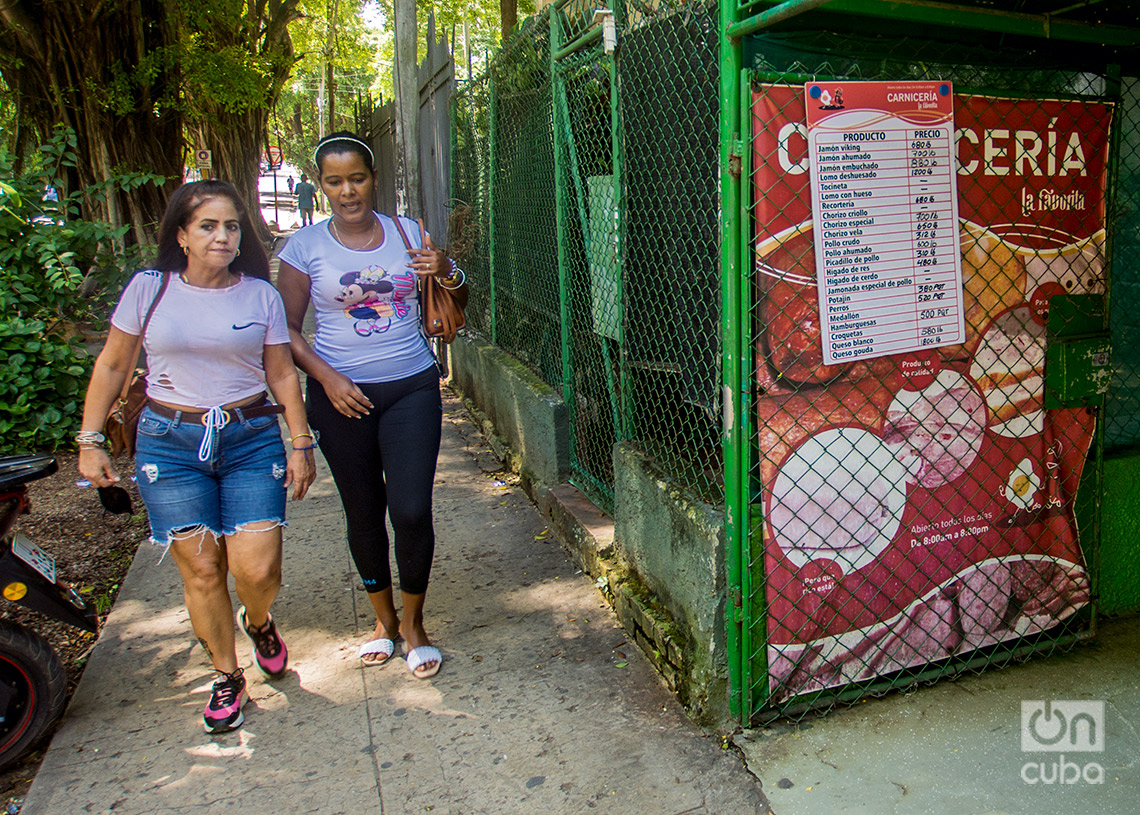
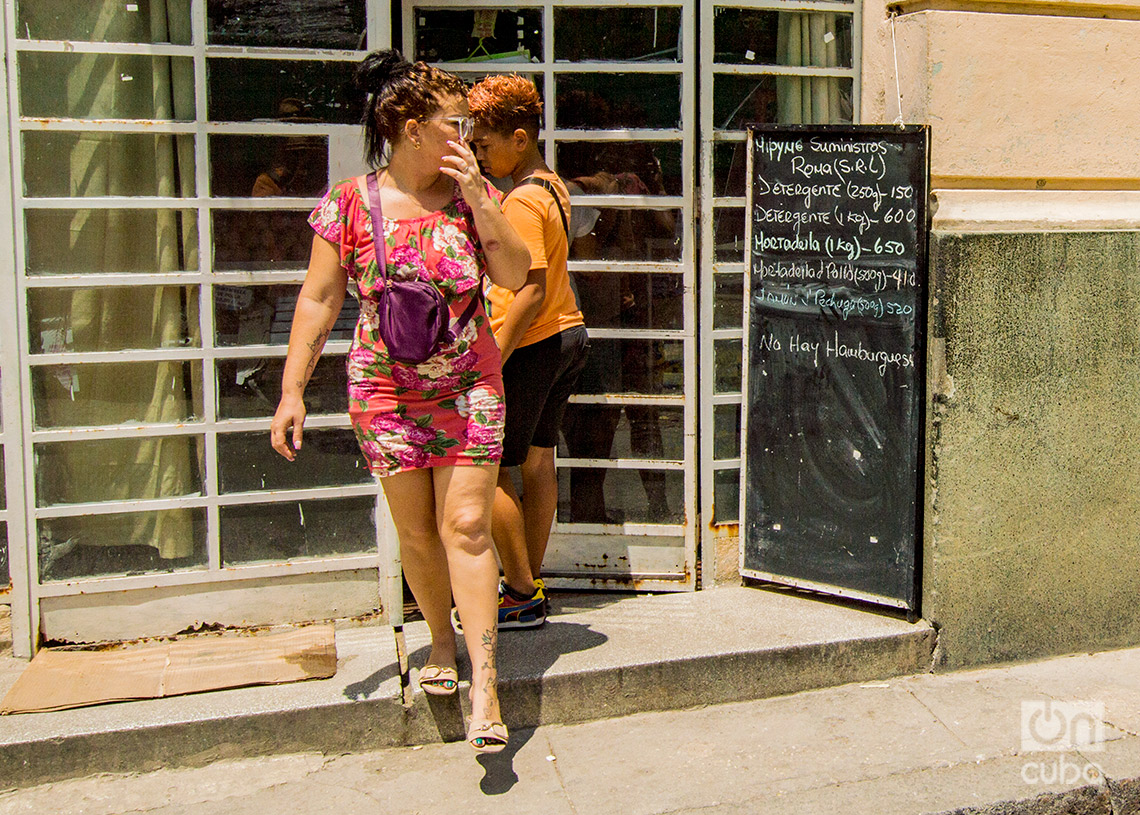
Luis, for his part, does not deny that a “firm hand” is needed with those who do not comply with what is established, but he does not understand that “the screws” are being tightened on everyone instead of supporting with greater incentives those who “help the country” with their productions and imports.
“I’m not saying that there are no abusive people, who are getting rich by raising prices. With those, the government should be tough, instead of tightening the screws on everyone and making the just pay for the sinners,” he commented. “Otherwise, they discourage those who are doing things well. These people need more support, even if they earn more money. What’s wrong with them earning money if they do it legally and they help the country that way?
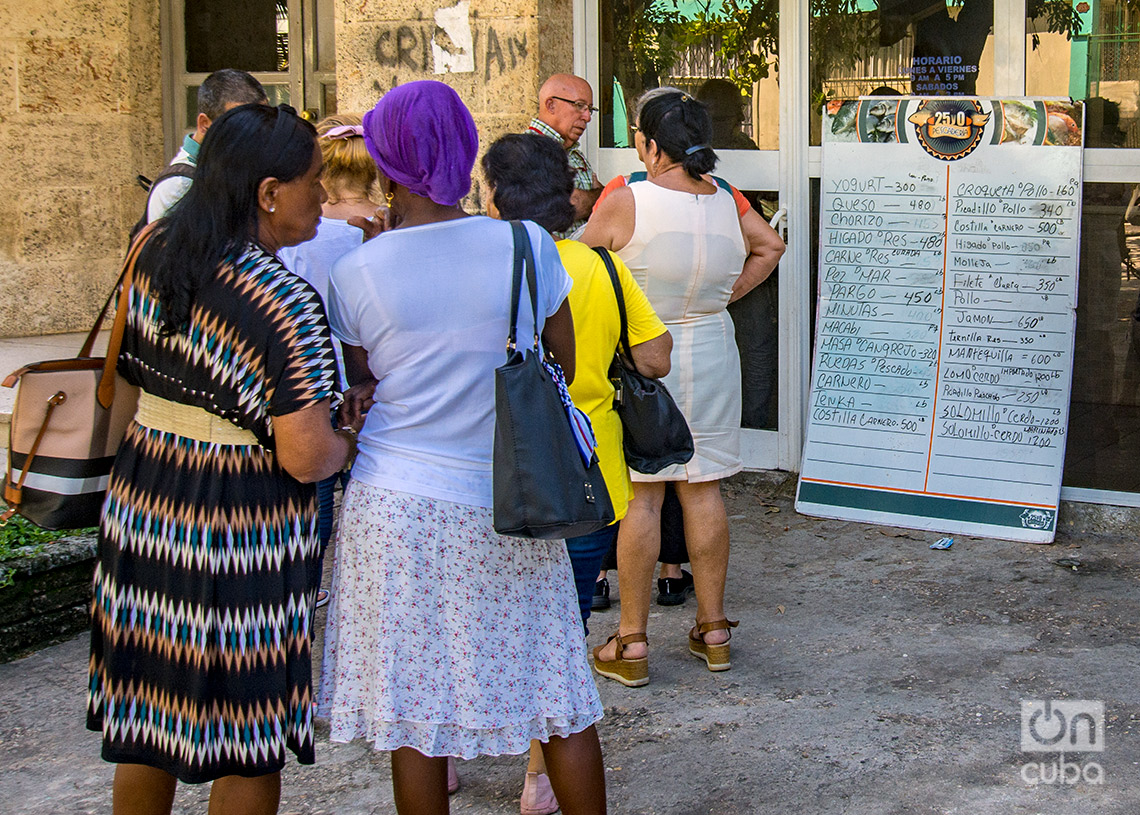
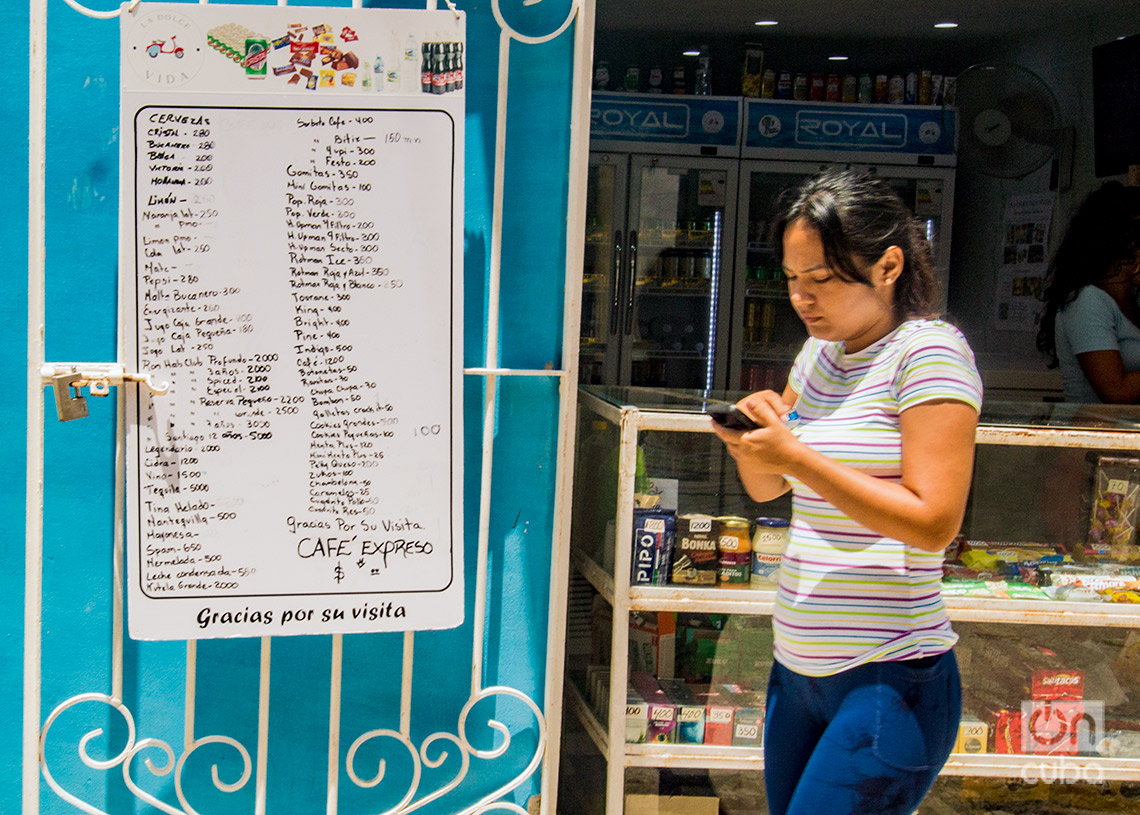
*MLC: freely convertible currency.

